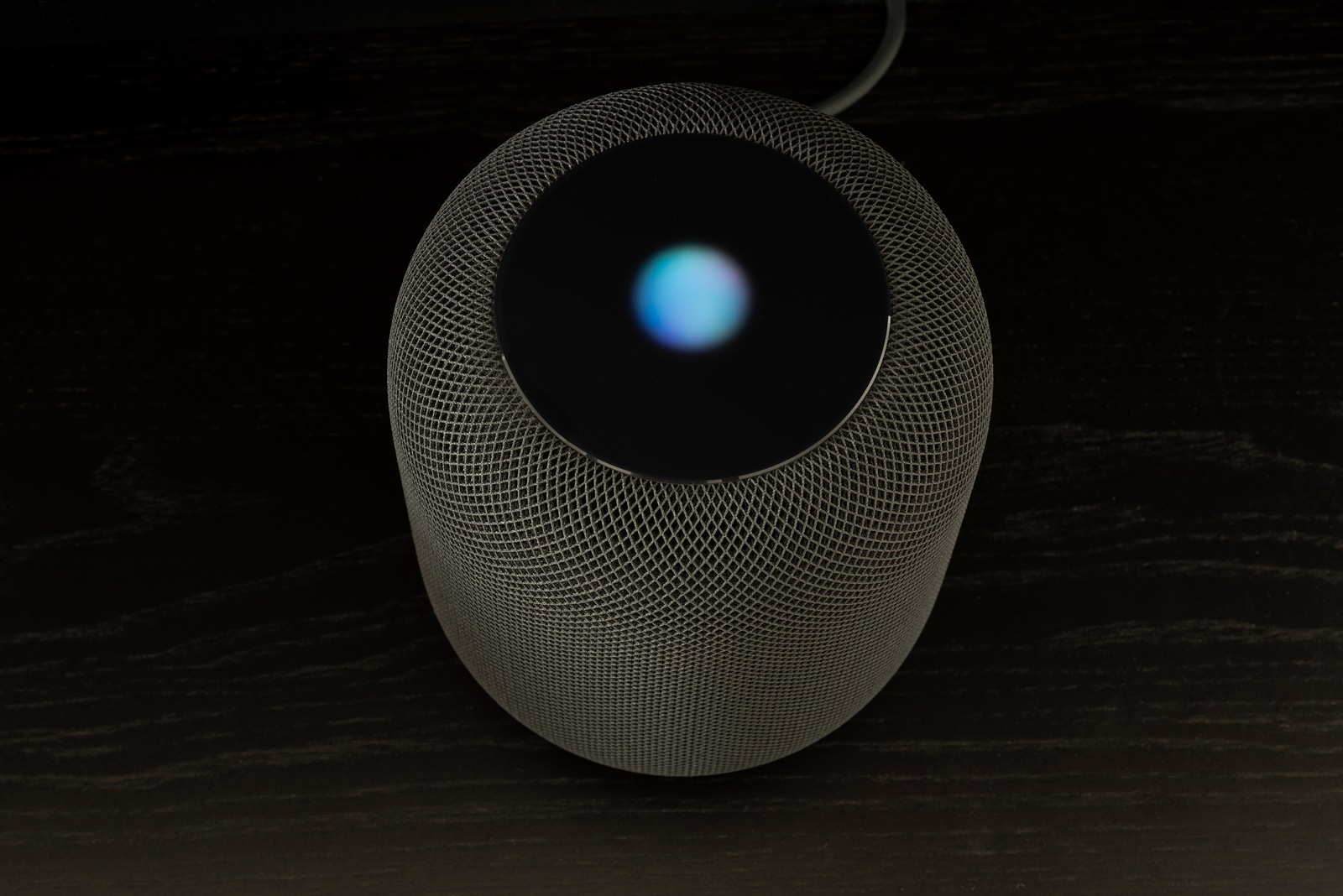Apple released several updates at the end of March, including iOS 13.4, released for all users. The HomePod was also updated. But now a discovery is causing a stir: the operating system of the Siri smart speaker is now based on tvOS.
The latest HomePod update was supposed to provide more stability and fix bugs. But a closer look at the code reveals a much bigger change - this is what the US blog reports 9to5mac. According to this, the Apple HomePod has been based on tvOS since iOS 13.4 and no longer on iOS. The change is strange and was not announced by Apple. Both watchOS and tvOS are actually based on iOS. The HomePod's operating system is also a customized version of iOS. All of these iOS variants differ in their adaptations to the respective devices and contain unique interfaces or APIs and more. But the previous iOS variant that was intended for the HomePod seems to be history. According to the code, the current iOS 13.4, which is available on the HomePod, is derived from tvOS. Since the operating systems are essentially the same, there are of course no fundamental changes in the way the whole thing works - but it is still strange. But 9to5mac has already put forward some theories for this change. So the guys believe that switching the HomePod software to a tvOS-based version could save Apple a lot of work, since both Apple TV and the HomePod are always on, plugged into the power grid, and don't require the same optimizations as the versions of iOS for iPhone and iPad.
New HomePod models discovered in code
Apart from that, both devices function as a home hub for HomeKit - this could also be considered a reason for the same code. It is also possible that iOS 14 will end support for devices with the A8 chip. This would affect the iPad Air 2 and iPad mini 4, for example, but also the HomePod. So changing the code to tvOS-based would actually make sense in order to continue to provide the HomePod with new functions. There are currently rumors that Apple wants to introduce a cheaper version of the current HomePod in 2020. In the course of this code analysis, 9to5mac discovered two new models in iOS 13.4, which, however, do not contain any additional information but confirm the rumors. Accordingly, the change could also have something to do with the previously unreleased devices. What Apple's actual reason for this step was in the end remains open for the time being. We may find an answer to this in the course of the next few months. (Photo by franky242 / Bigstockphoto)
- Pitaka MagEZ Case for iPhone – Smart and classy
- New details on iPhone 12, HomePod 2020, AirTags & more




